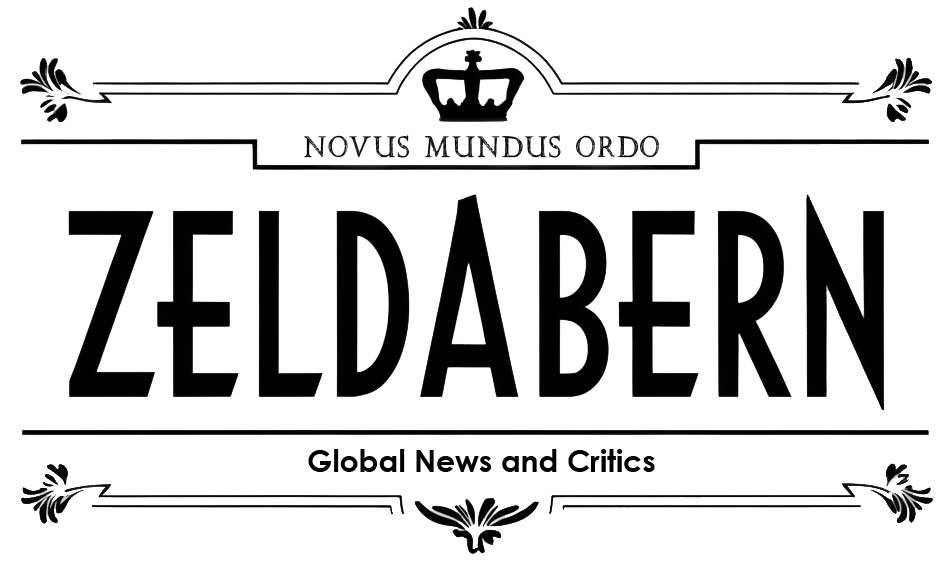Former Philippine President Rodrigo Duterte was taken into custody at Manila’s international airport on Tuesday morning local time, following an Interpol arrest warrant issued by the International Criminal Court (ICC). The arrest is linked to an ongoing ICC investigation into alleged crimes against humanity committed during Duterte’s controversial “war on drugs” while he was in office.
Background
The ICC formally authorized an investigation into Duterte’s anti-drug campaign in 2021, following allegations of widespread human rights abuses. A United Nations report estimated that tens of thousands of people may have been killed in police operations during the crackdown, which began after Duterte took office in 2016.
Duterte, 79, has long been a polarizing figure, known for his tough-on-crime rhetoric and unapologetic approach to combating illegal drugs. However, his methods have drawn international condemnation, with critics accusing his administration of extrajudicial killings and other human rights violations.
The Arrest
According to a statement from the Philippine presidential palace, “Early in the morning, Interpol Manila received the official copy of the warrant of the arrest from the ICC” in connection with the investigation into Duterte. “As of now, he is under the custody of authorities,” the statement added.
President Ferdinand Marcos Jr.’s spokesperson indicated that the government would comply with the law, stating, “We will follow what the law dictates, if the warrant of arrest needs to be served.”
Duterte’s Response
Ahead of his arrest, Duterte addressed cheering crowds in Hong Kong on Monday, expressing defiance and resignation. “If an arrest warrant is truly my fate in life, it’s OK, I will accept it—they can arrest me, imprison me,” he said, according to multiple reports.
Implications
Duterte’s arrest marks a significant moment for the Philippines and the ICC. It underscores the international community’s efforts to hold leaders accountable for alleged human rights abuses, even after they leave office. The case also highlights the tension between national sovereignty and international justice, as the Philippines has previously withdrawn from the ICC and questioned its jurisdiction.
For the Philippines, the arrest could reignite debates over Duterte’s legacy and the methods used in his war on drugs. It may also test the current administration’s commitment to upholding the rule of law while navigating domestic and international pressures.
What’s Next?
Duterte is expected to face legal proceedings at the ICC, where he will have the opportunity to respond to the charges against him. The case could set a precedent for how international courts address allegations of state-sanctioned violence and human rights violations.
As the situation unfolds, it will be closely watched by human rights advocates, legal experts, and governments around the world. The outcome could have far-reaching implications for accountability, justice, and the rule of law in the Philippines and beyond.

